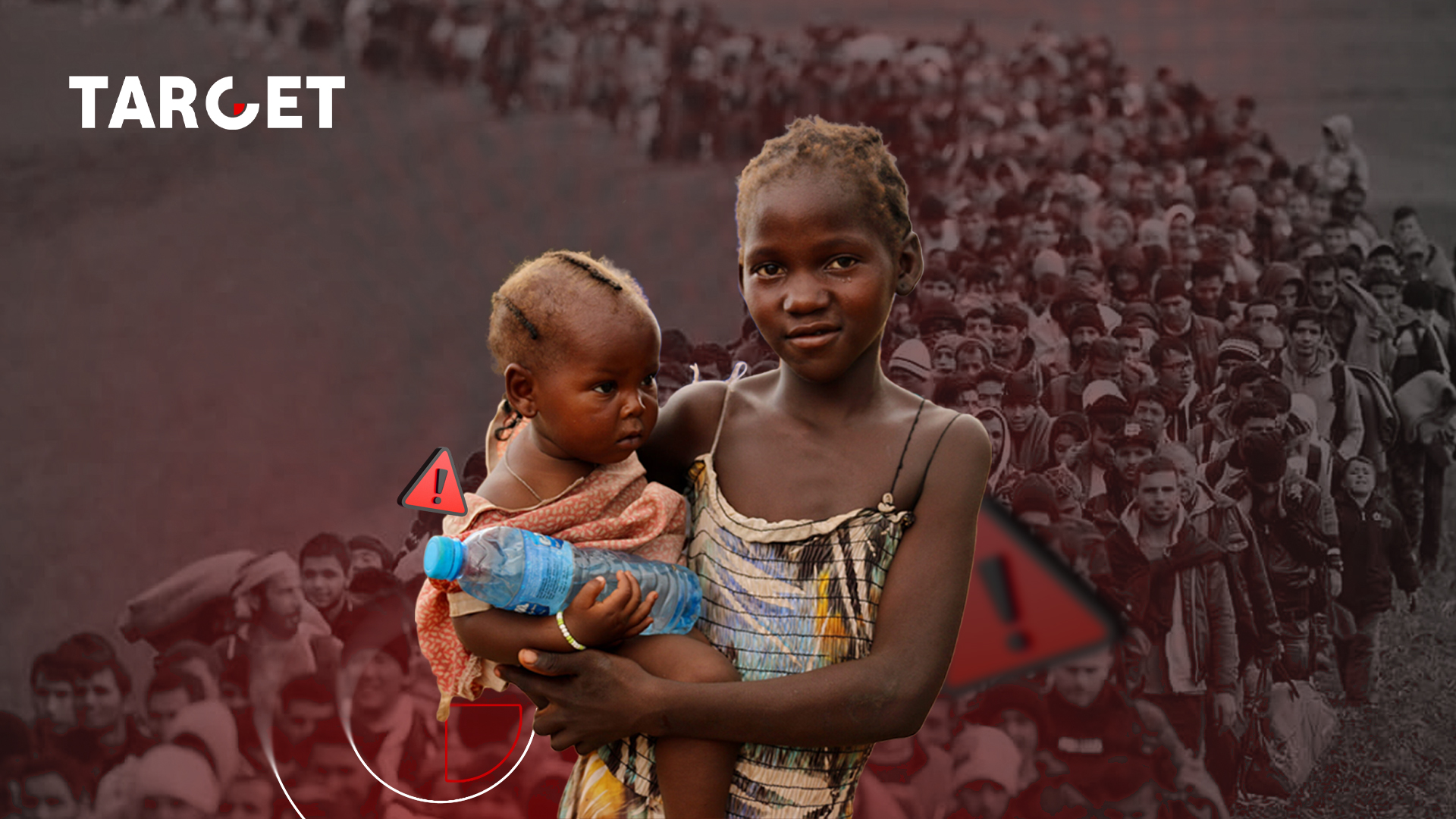The United Nations (UN) has designated 20 June as World Refugee Day to encourage empathy and understanding of the plight of refugees and to recognize their resilience in rebuilding their lives. The United Nations High Commissioner for Refugees (UNHCR), the UN’s refugee agency, has called for concerted action as forced displacement reaches a new record in 2022. It has published a report presenting key statistical trends and the latest official statistics on refugees, asylum-seekers, internally displaced persons (IDPs) and stateless people worldwide.
The report reveals that at the end of 2022, 108.4 million people worldwide were forcibly displaced. This number has more than doubled in the last decade, from 15 million in 2011. More than half (52 per cent) of refugees originate from just three countries: Syria (6.5 million), Ukraine (5.7 million) and Afghanistan (5.7 million). Following the US invasions of Afghanistan in 2001 and Iraq in 2003, and the outbreak of wars in South Sudan and Syria, the number of refugees will have exceeded 30 million by the end of 2021. Contrary to the perception that refugees flee to rich countries, 76 percent of refugees have relocated to low- and middle-income countries. The world’s largest refugee populations are in Turkey (3.6 million) and Iran (3.4 million).
By the end of 2022, more than 87 percent of all people who are refugees come from just 10 countries, UNHCR says, adding that Syrians make up almost 1 in 5 of all refugees worldwide, with 6.5 million people hosted in 131 countries. The report also reveals that children, who make up 30 percent of the world’s population, represent 40 per cent of the forcibly displaced. In the first five months of 2023, forced displacement has continued to rise, and UNHCR estimates that the global figure is likely to exceed 110 million people at the time of writing the report in May 2023. UN High Commissioner for Refugees Filippo Grandi, who was quoted in the report, said: “These figures show us that some people are far too quick to rush to conflict, and way too slow to find solutions. The consequence is devastation, displacement, and anguish for each of the millions of people forcibly uprooted from their homes.”

